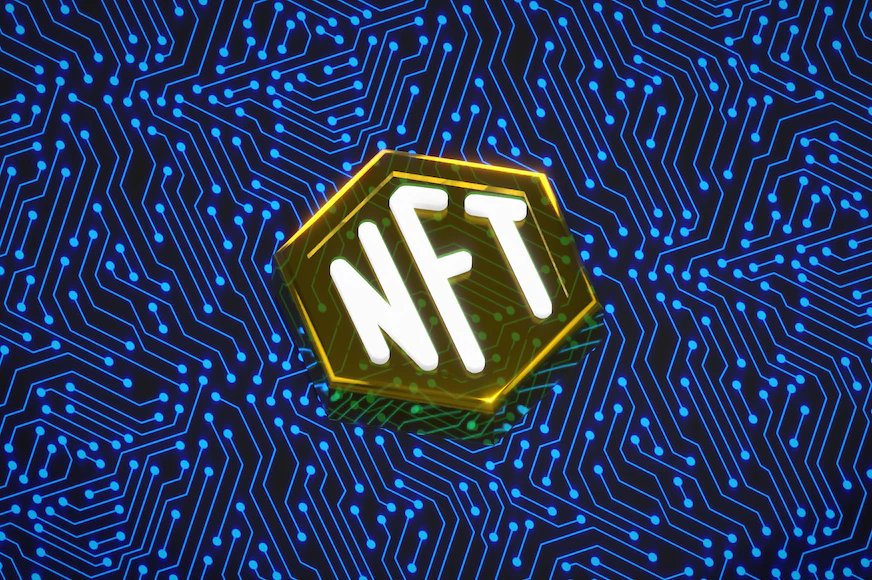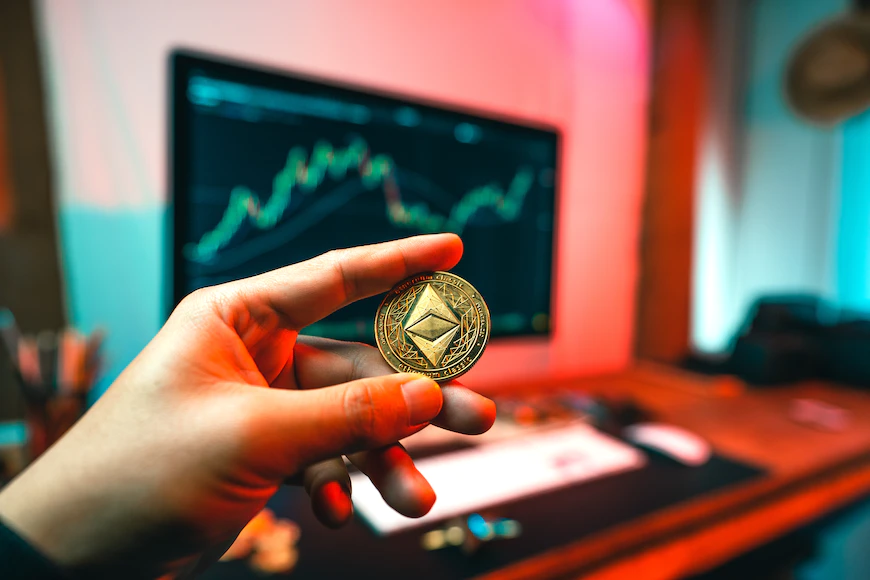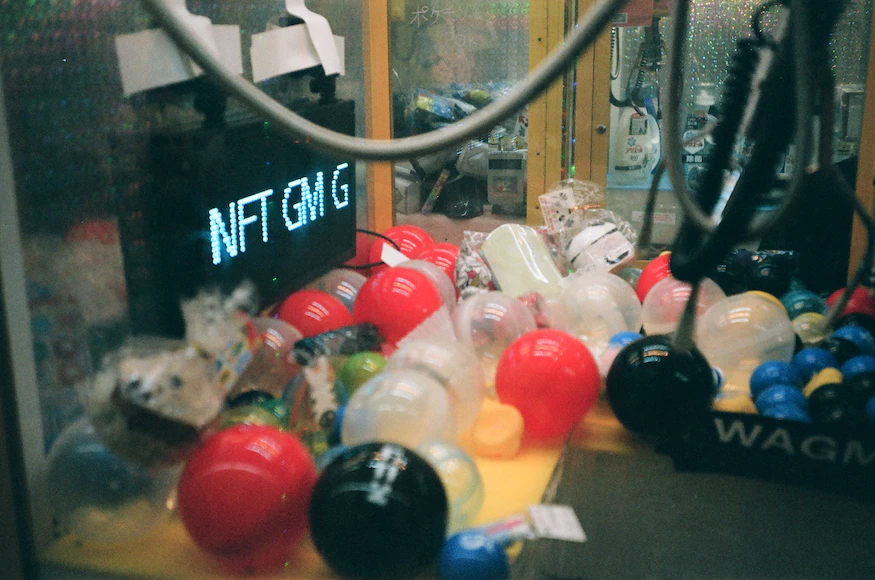"The metaverse is a simulated digital environment that employs Virtual Reality (VR) to create spaces for rich user interaction that are similar to those found in the real world."

The term ‘metaverse’ is trending, and you may be wondering what all the fuss is about. Virtual coins, virtual art and now an entire virtual world? The lines between what is real and what isn’t continue to blur in these fast moving times. Read on to find out more about this relatively new phenomenon, and what it might mean for you.
Definition

The metaverse is an evolving version of the internet and it will impact many areas in both the off and online world, specifically for work, gaming and wherever there are online communities. Online meetings in the metaverse will involve people interacting via an avatar of themselves. In the metaverse, currency is digital (but of course) and it is used to buy almost anything, from groceries to clothes, weapons in games, and almost anything else you can think of. Users of the metaverse can even fulfil their ‘wanderlust’ by travelling through the virtual landscape, equipped with VR headsets. This aspect of the metaverse marks the difference between just using the internet, and actually being ‘in’ the internet, so to speak. VR, AR, AI and Digital Currency render this phenomenon a possibility.
How Can We Access the Metaverse?

It is still somewhat early days for most people – unless you are an avid gamer who has hung out in Second Life, Roblox and Minecraft. In December of 2021, Facebook announced ‘Horizon Worlds’, a social VR experience for people to create their own realities and explore one another’s. Epic Games has announced an ad free metaverse, for users to interact with other users as well as for brands to advertise and sell their products. Microsoft is busy developing what one can only envision to be the famous holographic messages first seen in the Star Wars movies from the 1970s. Pretty soon, meetings and maybe even lessons will be held in the metaverse!
What Does the Metaverse Hold in Store for Our Future?
Stores such as H&M and Samsung are rumoured to be planning on launching their stores on the metaverse, The idea is to create a more immersive and interactive shopping experience, allowing for greater recall value, all while the customer is in the comfort of their home.
The entertainment industry is already getting in on the action. Performers such as Travis Scott, Marshmellow and Ariana Grande have already held MILEs – Massive Interactive Live Events – pulling in over 12 million concert goers on the computer game, Fortnite. The first concert by Travis Scott was held in April of 2020. Performers such as Lady Gaga, Maroon 5, Queen, and Daft Punk are lined up for 2022. In a raging pandemic which has seen large concerts cancelled and even smaller music arenas closed, this new mode of performance could not have come at a better time.
It remains to be seen if the metaverse is yet another passing fad, or something that might be here to stay, and which might change the way we live, work and play forever.






